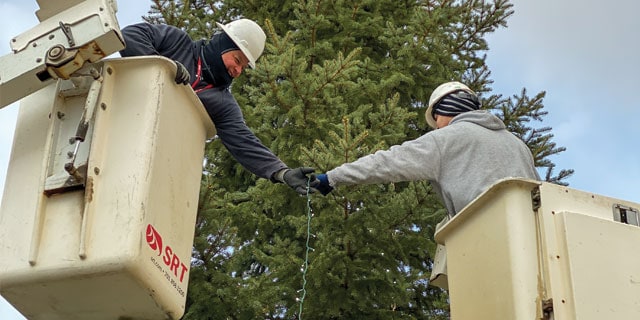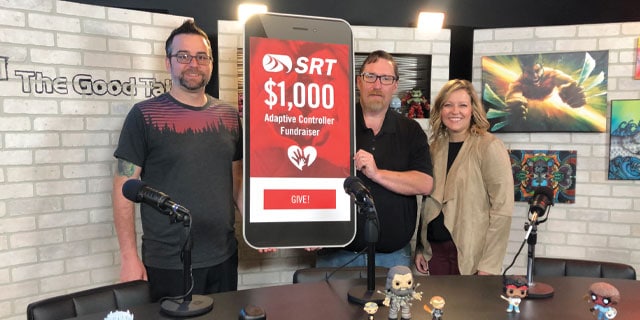
SRT is a proud supporter of Downtown Minot. Each year, several SRT employees string the lights on the Christmas tree as part of the downtown decoration. Everyone is invited to the Downtown Old Fashioned Christmas Open House on Friday. November 29 from 3:30-7:00 p.m. for hay rides, hot chocolate, photos with Santa, and wrapping the night up with the lighting of the tree. Come out to support your local downtown businesses and kick off the Holiday season with us!


 Question: I’m not a big social media user but my friends finally convinced me to give Instagram a try. How do I get started and post things people will like?
Question: I’m not a big social media user but my friends finally convinced me to give Instagram a try. How do I get started and post things people will like?








